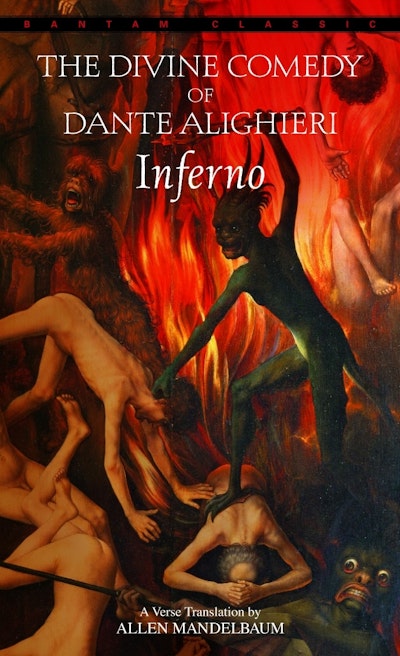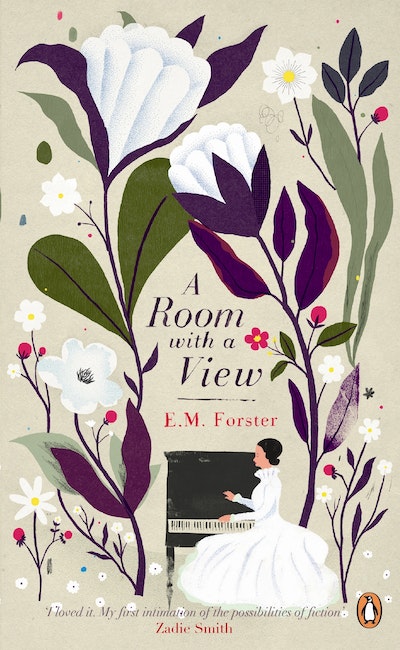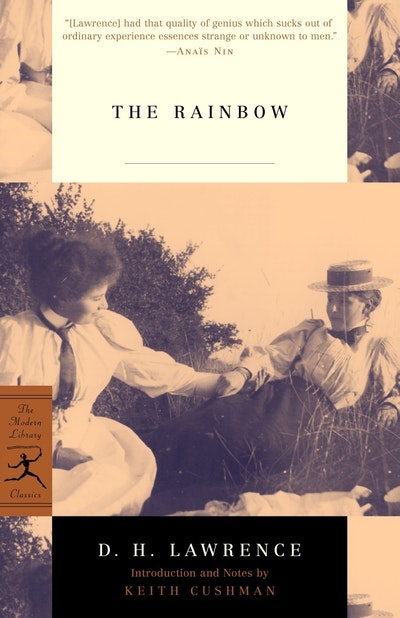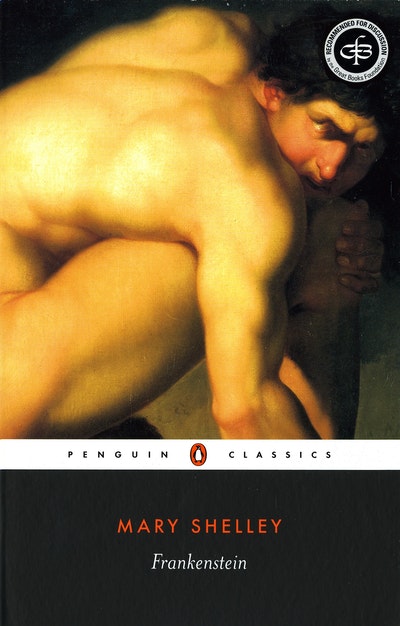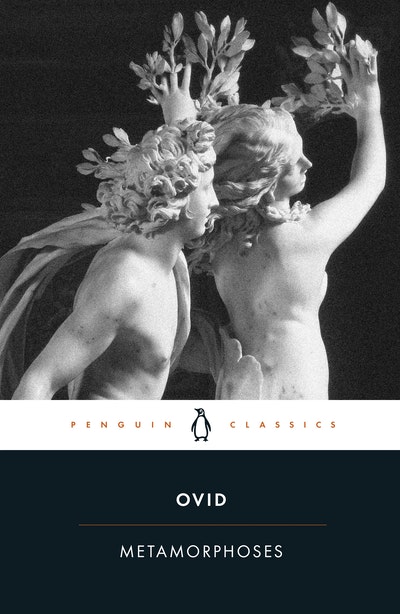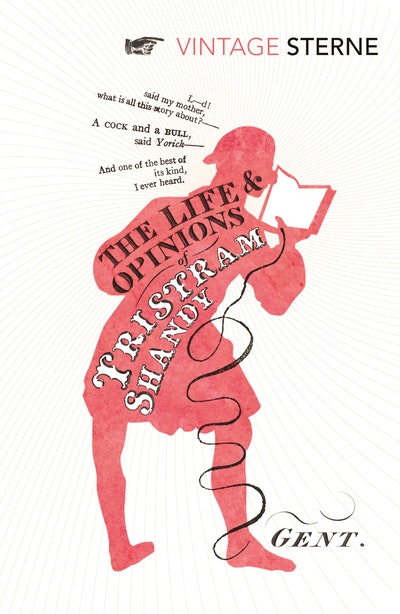- Published: 1 April 1986
- ISBN: 9780141915869
- Imprint: Penguin eBooks
- Format: EBook
- Pages: 368
The House of the Dead
A fictionalised account of the time Dostoyevsky spent in a Siberian prison camp for his part in a political conspiracy
In January 1850 Dostoyevsky was sent to a remote Siberian prison camp for his part in a political conspiracy. The four years he spent there, startlingly re-created in The House of the Dead, were the most agonizing of his life. In this fictionalized account he recounts his soul-destroying incarceration through the cool, detached tones of his narrator, Aleksandr Petrovich Goryanchikov: the daily battle for survival, the wooden plank beds, the cabbage soup swimming with cockroaches, his strange ‘family’ of boastful, ugly, cruel convicts. Yet The House of the Dead is far more than a work of documentary realism: it is also a powerful novel of redemption, describing one man’s spiritual and moral death and the miracle of his gradual reawakening.
- Published: 1 April 1986
- ISBN: 9780141915869
- Imprint: Penguin eBooks
- Format: EBook
- Pages: 368
Other books in the series
About the author
Fyodor Mikhailovich Dostoyevsky was born in Moscow in 1821. His debut, the epistolary novella Poor Folk (1846), made his name. In 1849 he was arrested for involvement with the politically subversive 'Petrashevsky circle' and until 1854 he lived in a convict prison in Omsk, Siberia. From this experience came The House of the Dead (1860-2). In 1860 he began the journal Vremya (Time). Already married, he fell in love with one of his contributors, Appollinaria Suslova, eighteen years his junior, and developed a ruinous passion for roulette. After the death of his first wife, Maria, in 1864, Dostoyevsky completed Notes from Underground and began work towards Crime and Punishment (1866). The major novels of his late period are The Idiot (1868), Demons (1871-2) and The Brothers Karamazov (1879-80). He died in 1881.


















